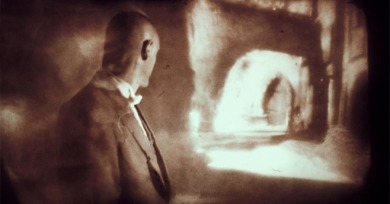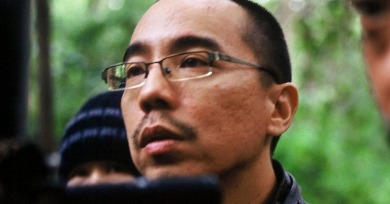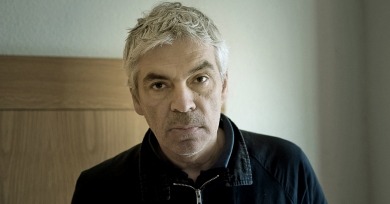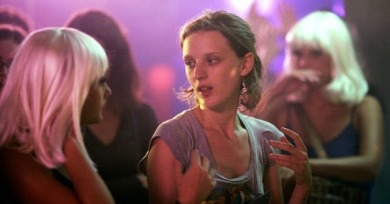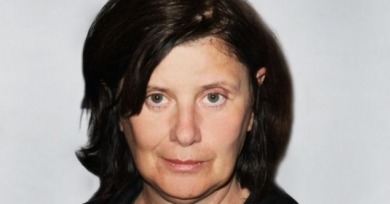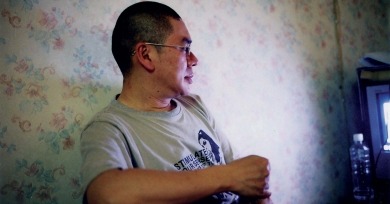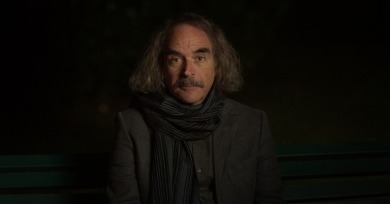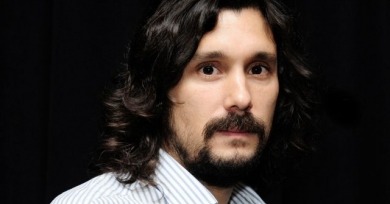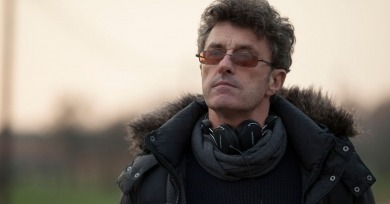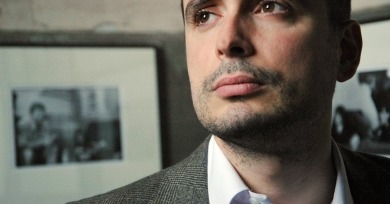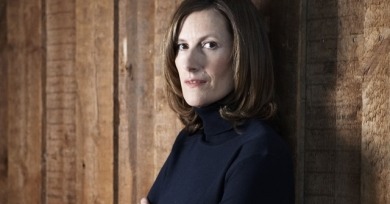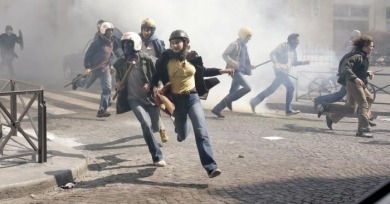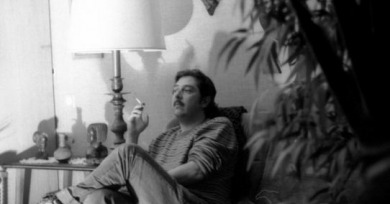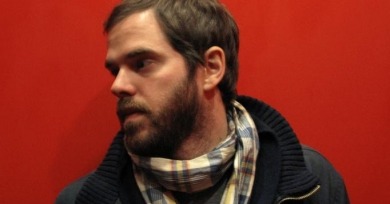Interviews
“We were like mediums at a paranormal séance, the whole presentation is spoken in our voices. What we chose, what we didn’t choose, what interested us, what we riffed on, sometimes what we just dreamt or felt, or hated, or wanted to strangle…”
“It’s hard to be direct. For me, when things are direct, they make me start to think of other forms of media, like literature, or a scholarly paper. For me, film is different. It’s something that stirs curiosity or emotions, and it’s only later that you discover what was underneath—or maybe not!”
“We were living everything at the same time and with the same intensity, without priorities or differences—a photograph by Frank or Walker Evans would have the exact same power for us as a film by Godard or John Ford or a song by Wire, the Clash, or Gang of Four.”
”When I was starting to make Eden, people told me that my main character was too passive or too negative; when you write scripts and try to get financing, that’s the sort of thing that you’re told not to do, or that people don’t want to see that. People said that it should be a success story.”
“It is about poetry—my films are in the realm of poetry not sociology. I always say my films aren't about realism they are about truth—there is a poetry that transcends the concrete, the plastic superficial level. I am fascinated by corpses, I am fascinated by violence.”
“I think that creation and life are inextricable, and beyond this there is nothing else. If a filmmaker isn’t a marketer, then essentially his work is the reflection of life through his own unique spiritual and psychological perspective.”
"I had the impression as a child, from the age of five on, that man exists through language. Here, I had the impression that the world didn’t exist through language. What was around me seemed unreal, so I sought a reality in literature, later in other arts and music, cinema also, very much."
“I like the title because it puts you in the space of a legend, one of those cities like El Dorado. Maybe we think we’re in something more like a fairy tale, or a fabula. The film doesn’t exist. It’s not real. It’s been created. I like the film in that place.”
"Cinema is some kind of magical exercise that creates a world and draws the audience in, and they have to experience something emotionally, rather than something for journalists to discuss. I’m not making it to be a discussion piece."
“What do you do when you have a need that your partner finds repellent? Who is compromising? You giving into that person and performing these acts for them? Or you not performing them and the other person suppressing their own desires to make you happy? Who’s suffering the most?”
"I was challenging myself with the idea of not just depicting a certain fictional reality, but trying to depict its different levels, in a more subconscious, dreamlike way. At the same time, I didn’t want to simply have dream sequences, but to give the whole film a different quality."
"I made this film because people have been making fun of the seventies. And I think that’s because the dreams people had at that time are still considered a threat. I would never make fun of kids who rejected the material values of the world, and who considered that life was about some sort of political or spiritual path."
"I mean, it comes from everywhere. I don’t think that everything is rational or that I’m aware of everything. I proceed like a collector not knowing what kind of collection I’m making, but I’m collecting something."
"One of the first things I learned is that in a lot of cases, these groups don’t use clocks or calendars or anything that lets people keep track of time. It ties into some aspects of Buddhist philosophy, that there’s no such thing as the past."
